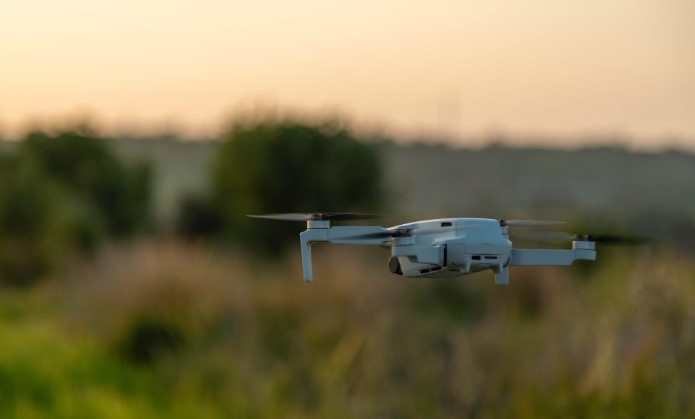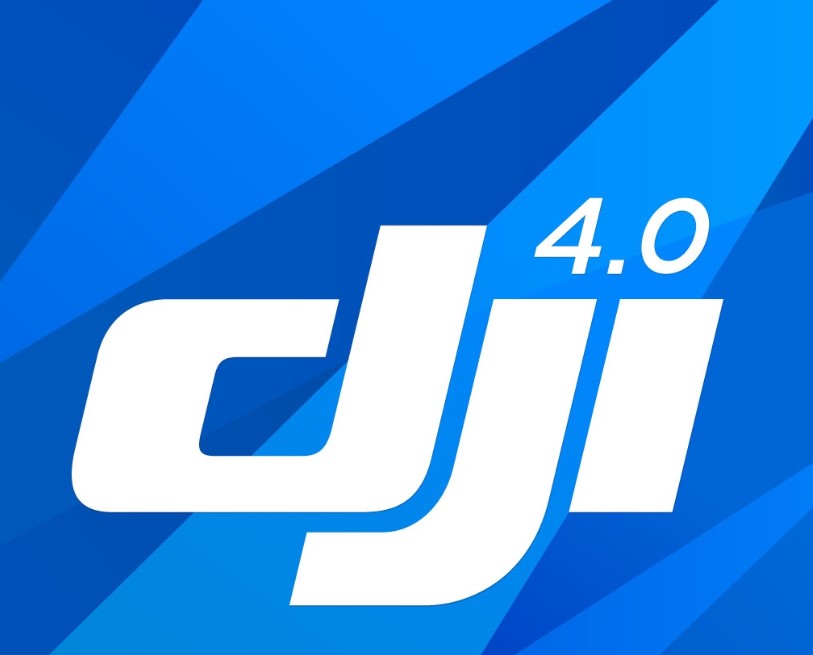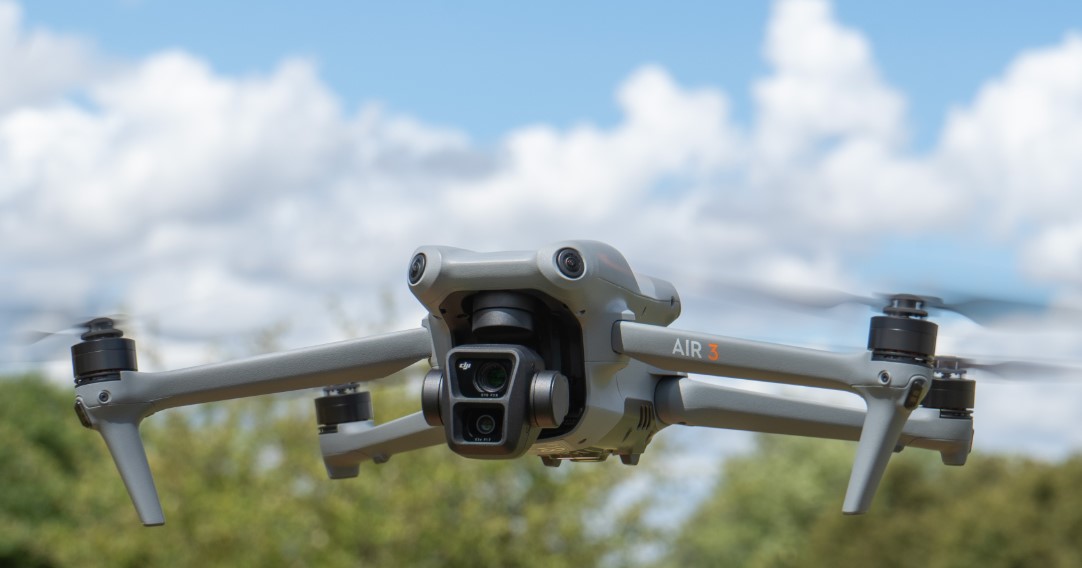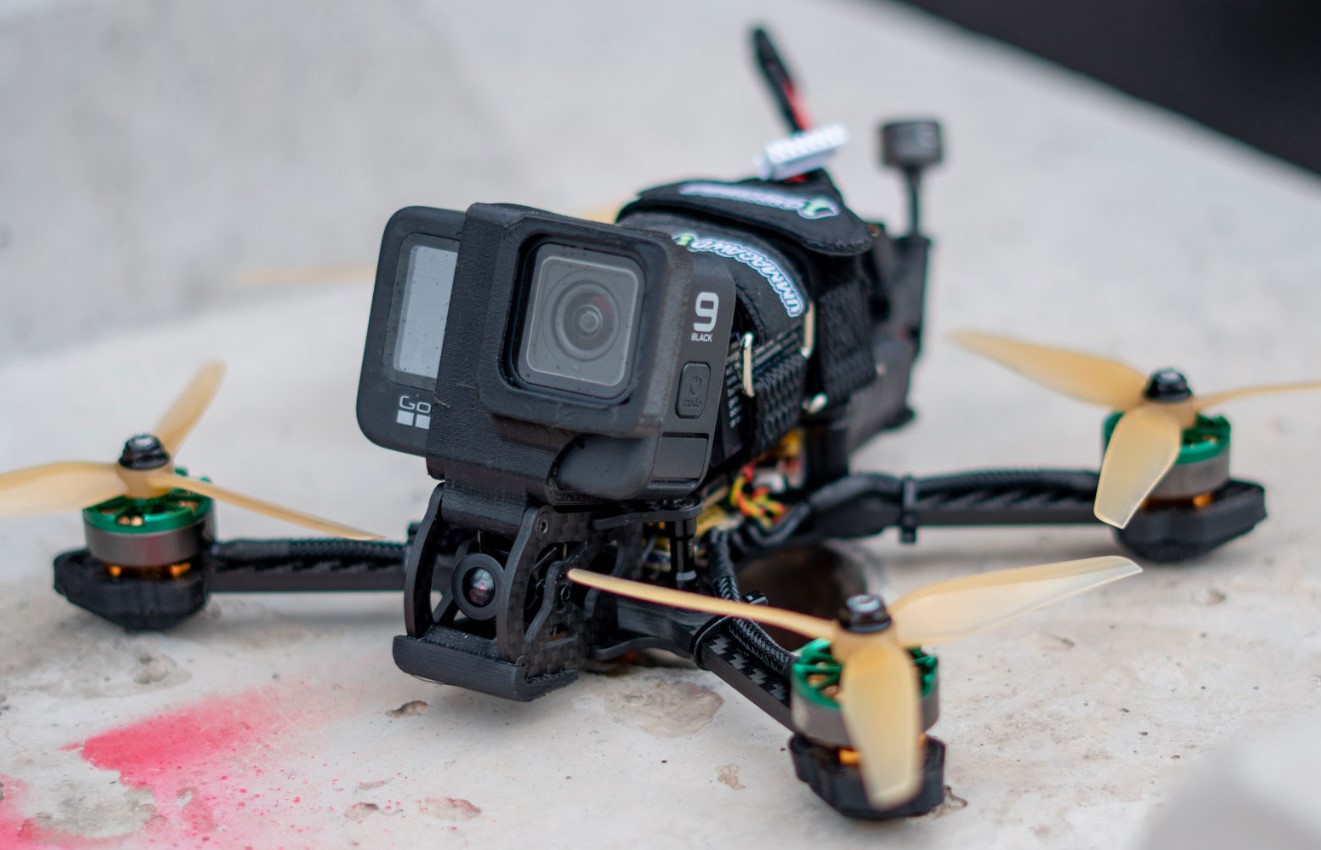Is Drone Camera Legal in India? This essay provides an in-depth analysis of the legal status of drone cameras in India, the regulatory framework, and the key considerations for operators. Follow Dronevoz.com !!!
Overview of Drone Regulations in India
The Indian government, through the Directorate General of Civil Aviation (DGCA), regulates the use of drones in the country. In December 2018, India introduced its first set of drone regulations under the “Civil Aviation Requirements” (CAR), which have been updated several times since. These regulations aim to balance the benefits of drone technology with the need to address safety, security, and privacy concerns.
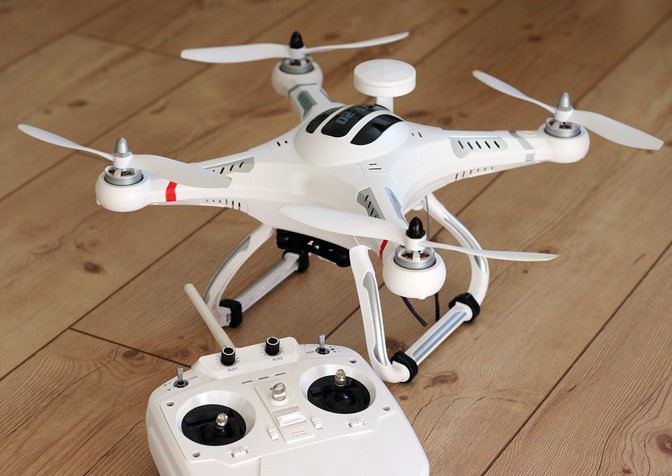
The key framework governing drones in India includes:
- Categorization of Drones: Drones are classified into five categories based on weight:
- Nano (up to 250 grams)
- Micro (250 grams to 2 kilograms)
- Small (2 kilograms to 25 kilograms)
- Medium (25 kilograms to 150 kilograms)
- Large (above 150 kilograms)
- Drone Registration: All drones except those in the Nano category must be registered on the Digital Sky Platform, an online portal managed by the DGCA. Each registered drone is issued a Unique Identification Number (UIN).
- Remote Pilot Licenses (RPL): Operators of Micro and larger drones must obtain an RPL after completing a training program from a DGCA-approved institute.
- No Permission, No Takeoff (NPNT): This requirement mandates that drones be equipped with software that prevents takeoff without prior authorization from the Digital Sky Platform.
- Operational Restrictions: Specific zones have been demarcated for drone operations:
- Green Zones: Permitted without prior approval up to a certain height.
- Yellow Zones: Require explicit permission.
- Red Zones: Prohibited for drone operations.
Is Drone Camera Legal in India?
Yes, drone cameras are legal in India, but their usage is subject to compliance with the DGCA guidelines. In August 2018, the DGCA introduced its first set of regulations, known as the “Drone Regulations 1.0.” These regulations were revised with the launch of the “Drone Rules 2021,” which simplified and relaxed certain restrictions to promote the use of drones for commercial, recreational, and research purposes.
Drone cameras can be legally used in India for various purposes, provided operators adhere to the established guidelines. Common use cases include:
- Photography and Videography: Drones are popular for capturing aerial footage for weddings, films, and other events. Operators must ensure they comply with privacy laws and obtain permissions for filming in restricted areas.
- Surveying and Mapping: Drones are extensively used for land surveys, urban planning, and agricultural monitoring. For these applications, government approvals and adherence to data security protocols are mandatory.
- Delivery Services: Companies are increasingly exploring drone technology for last-mile deliveries, particularly in remote areas. Pilot programs require special clearances.
- Surveillance and Security: Drones are used by law enforcement agencies for crowd management and disaster response. Such operations fall under government jurisdiction.
- Recreational Flying: Hobbyists can operate Nano and Micro drones in permitted zones, ensuring compliance with local airspace restrictions.
Key Legal Requirements for Drone Camera Operators
Operating a drone camera in India involves meeting specific legal requirements to avoid penalties. Here are some crucial considerations:
- Drone Insurance: Operators must obtain insurance coverage for potential damages caused by drone operations.
- Flight Permissions: Prior approval for each flight is mandatory through the Digital Sky Platform. Operators must specify the purpose, location, and duration of the flight.
- Altitude Restrictions: Drone flights are generally restricted to a maximum altitude of 120 meters (400 feet) above ground level.
- Prohibited Areas: Drones are not allowed in certain sensitive zones, including military installations, airports, and international borders. Flying over densely populated areas is also restricted.
- Night Flying: Nighttime drone operations are prohibited unless explicitly authorized.
- Privacy Laws: Operators must ensure that drone usage does not infringe on individuals’ privacy. Unauthorized recording or surveillance can lead to legal action.
>>> Read: Do You Need a License for a Drone Under 250g?
Penalties for Violating Drone Regulations
Non-compliance with drone regulations in India can result in severe penalties, including:
- Fines for unregistered drones or unauthorized operations.
- Confiscation of the drone.
- Legal action for violations of privacy or security laws.
The DGCA and law enforcement agencies actively monitor drone operations to ensure adherence to regulations. Operators are advised to stay updated with any changes to avoid penalties.
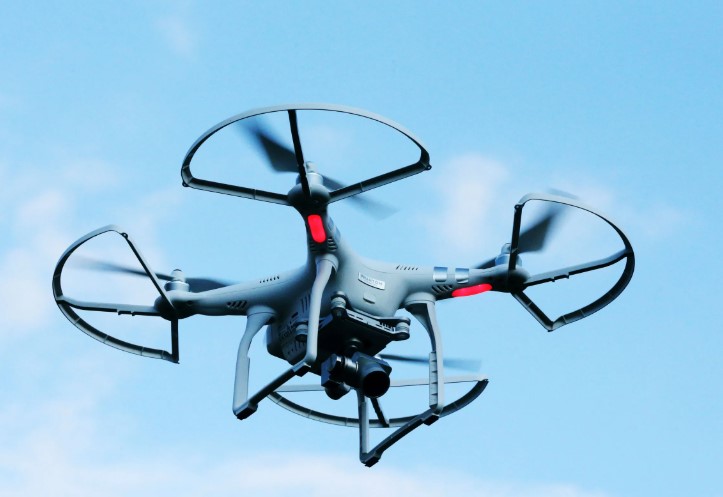
Recent Developments in Drone Laws
India’s drone regulations are evolving to accommodate advancements in technology and industry needs. The government introduced the “Drone Rules 2021” to simplify and streamline the regulatory process. Key highlights include:
- Simplified Registration: The requirement for a UIN has been relaxed for drones in the Nano and Micro categories used for non-commercial purposes.
- Increased Accessibility: The operational approval process has been made more user-friendly, with reduced paperwork and faster clearances.
- Focus on Innovation: The government encourages innovation and research in drone technology, with specific incentives for startups and industries.
- Promotion of Drone Corridors: Dedicated corridors are being developed for drone deliveries to ensure safe and efficient operations.
Challenges and Future Outlook
While the regulatory framework is comprehensive, several challenges persist in ensuring compliance and promoting the responsible use of drone cameras. These include:
- Awareness and Education: Many operators, particularly hobbyists, lack awareness of the legal requirements, leading to unintentional violations.
- Technological Barriers: Implementing NPNT-compliant systems and ensuring their compatibility with all drones can be challenging.
- Privacy Concerns: Balancing innovation with privacy rights remains a critical issue, requiring robust legal safeguards.
- Enforcement: Monitoring drone operations across the vast expanse of India poses logistical challenges.
Despite these challenges, the future of drone technology in India looks promising. The government’s proactive approach to policy-making, coupled with advancements in technology, is expected to unlock significant potential in sectors such as agriculture, healthcare, logistics, and entertainment.
Conclusion
The use of drone cameras in India is legal, provided operators adhere to the regulations laid out by the DGCA. The framework balances innovation and safety while addressing security and privacy concerns. As drone technology continues to evolve, the government’s regulatory efforts will play a crucial role in fostering a conducive environment for its growth. For aspiring drone operators, staying informed about legal requirements and embracing responsible practices is the key to leveraging the full potential of this transformative technology.
